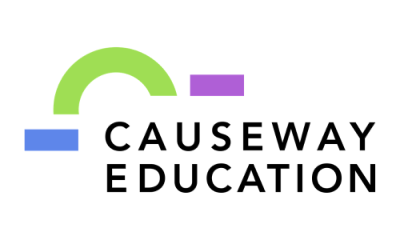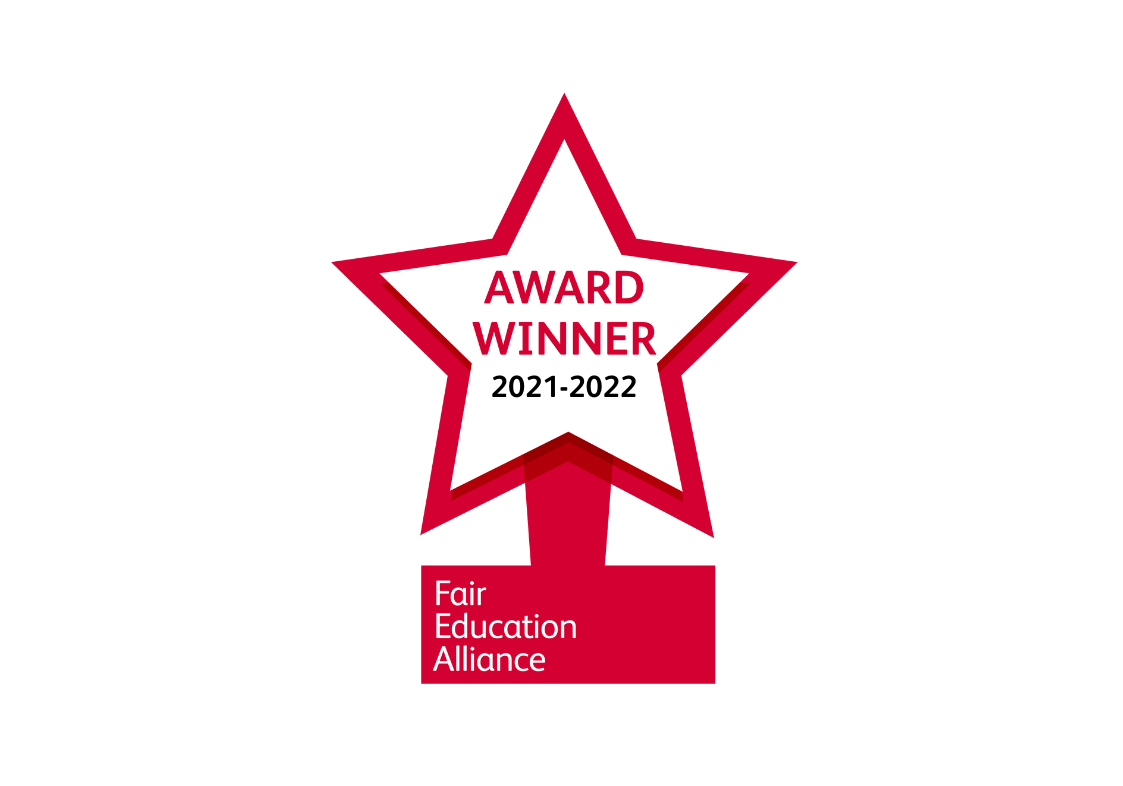Two minutes to read a personal statement? Why this is the wrong headline.
/Causeway CEO Sam Holmes reflects on the latest research findings about UCAS personal statements, arguing that the real significance lies beyond the most headline-grabbing finding.
The recent research from Tom Fryer and Steven Jones ‘How do Admissions Professionals use the UCAS personal statement?’ is a really useful addition to the literature. The widely reported headline about admissions staff spending just 2 minutes reading personal statements is probably the least significant finding, but is great for grabbing attention. More important are the conclusions about what these readers are actually looking for. In the work we do at Causeway with applicants and their teachers across the country, it’s so helpful to have solid evidence like this to draw on when setting out the key messages. The research also comes at a critical time when UCAS are reviewing the structure of the personal statement, and this evidence adds vital weight to the case against some of the less effective proposed reforms.
Is 2 minutes enough?
To be quite frank, two minutes to review a personal statement sounds about right to me. I suspect this finding may be much more about the skill and experience of the reader than the value placed on the document. Speaking from my own experience, when you are used to reading hundreds of these a year, accumulating a bank of examples in your head rooted in thousands more, you get very good at analysing them at speed. Remember, the reader knows the format inside out and can pick out key information incredibly quickly due to this familiarity. This means you can identify specific elements that might need closer or slower consideration. On a good day, I can read a full personal statement draft and annotate it with detailed comments on improvements in under 10mins, a much more time-consuming task. I’m also sure there are hundreds of teachers across the country who can beat that time. It’s not because I’m not paying attention. It’s because I’m spotting things I’ve spotted thousands of times before and writing comments which are versions of hundreds of previous suggestions.
What is the reader looking for?
Putting aside the time it takes to read a personal statement, evidence that they are being read is very important. It’s so frustrating every time messages are put out in the media that “no one actually reads them”. It’s just not true. Yes, there is a big difference between the role they play in applications for more and less competitive courses, but the message that they are pointless is wrong, and hugely undermining for applicants and those working hard to support them. It’s great to see this research backing up the key messages we emphasise to applicants and their teachers:
Personal statements can be critical for more competitive courses.
The need to reflect on your interest in the course is a vital part of the course choice process for all students.
Grades are the primary filter so this should be taken into account when deciding how much time to spend on the personal statement, as drafting could take time away from actually studying your course. This is where our OSCAR platform comes in. It helps students structure their statement, identify and analyse relevant wider reading, and significantly streamlines the drafting and feedback process for both students and their teachers. It’s also free for all state schools and colleges.
What about UCAS’s proposed changes?
With the proposed change to a series of shorter questions, Tom Fryer and Steven Jones do an excellent job of demonstrating why ‘preparedness for study’ and ‘preferred learning styles’ are completely unsuitable. They also highlight that there is no useful difference between ‘preparedness for the course’ and ‘preparedness through other experiences’. I think the two questions they propose to use instead have a lot of merit. This is something we discussed amongst the members of the Fair Access Coalition*, and came up with the following (not dissimilar) suggestions of our own:
Motivation for course – Why do you want to study these courses?
Tell us which elements of the course (e.g. specific skills or activities) make you want to study it and why. It can be helpful to link these to examples of activities you do within your current courses or wider experiences.Area of interest – What has really interested you so far?
Tell us about a topic from your current studies or wider experiences which is relevant to your chosen course(s) and has really interested you. Explain what you did and what you learned from this.Other experiences – What other activities and experiences have helped you develop relevant understanding and skills.
Tell us about any other relevant experiences and activities and what you have gained from them. These might be directly related to the course(s) you are applying for, or things that have given you wider skills which will be useful as a student
In support of these suggestions, I would say that, from Causeway’s perspective, this is based on 10 years of supporting students with drafting, so it is a balance of understanding what material they bring and pushing them to think about the shift to university study. As for the ‘extenuating circumstances’ question, I think this needs to be treated very carefully. By putting the question down, you are giving students an extra task. It will mean broaching topics which are likely to be hard to write about and in some cases triggering. A trusted adult could be in a better position to make the best case on the young person’s behalf. Another issue is how the same question is now dealt with in section 2 of the new reference. This question shares word count with the other 2 questions, meaning that extenuating circumstances essentially take up space that could be used for describing skills and achievements in section 3. For a student who has faced additional barriers then, there is a trade-off between getting these across and emphasising their successes. If anything, their achievements should be given more weight, not struggle to find space in the process.
*The Fair Access Coalition is a group of the heads of leading third sector organisations engaged in activities to support access and progression, including the Access Project, Brightside, The Brilliant Club, Causeway Education, Impetus, IntoUniversity, Push, upReach and Villiers Park





